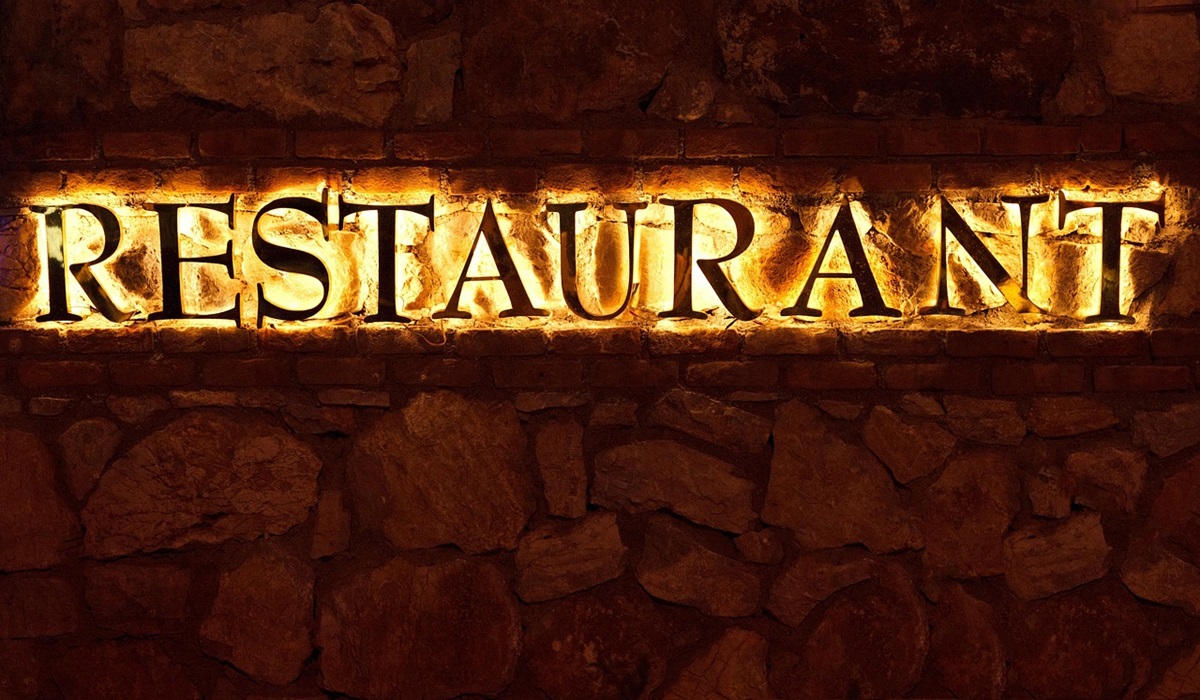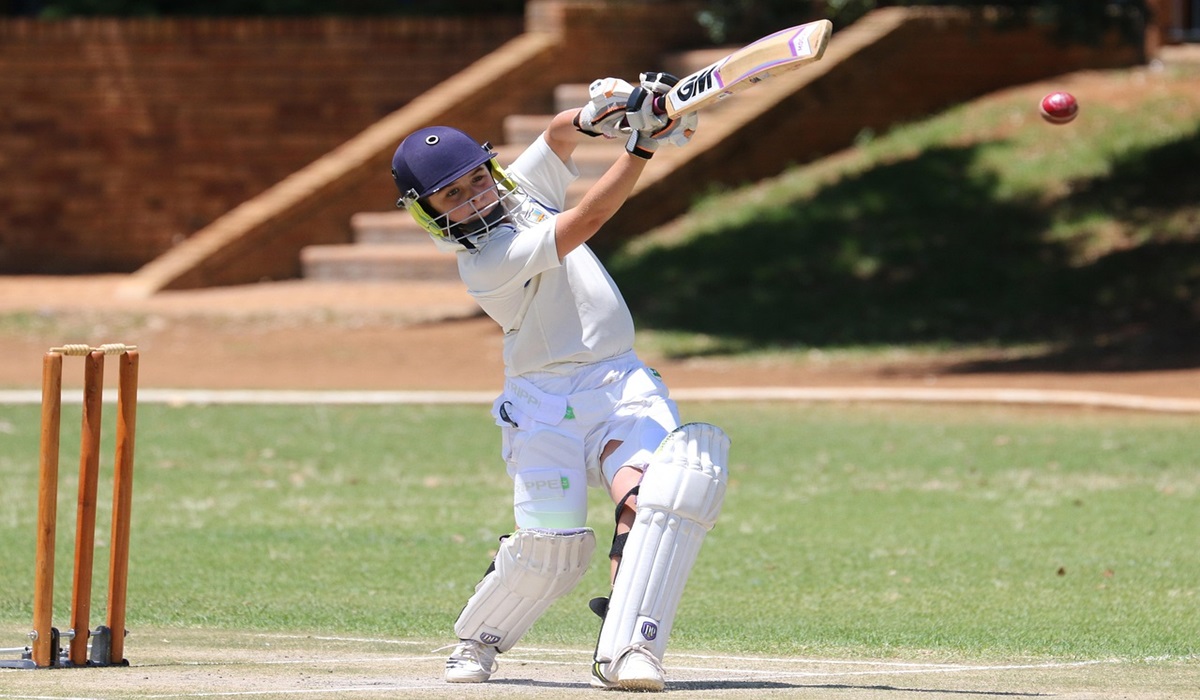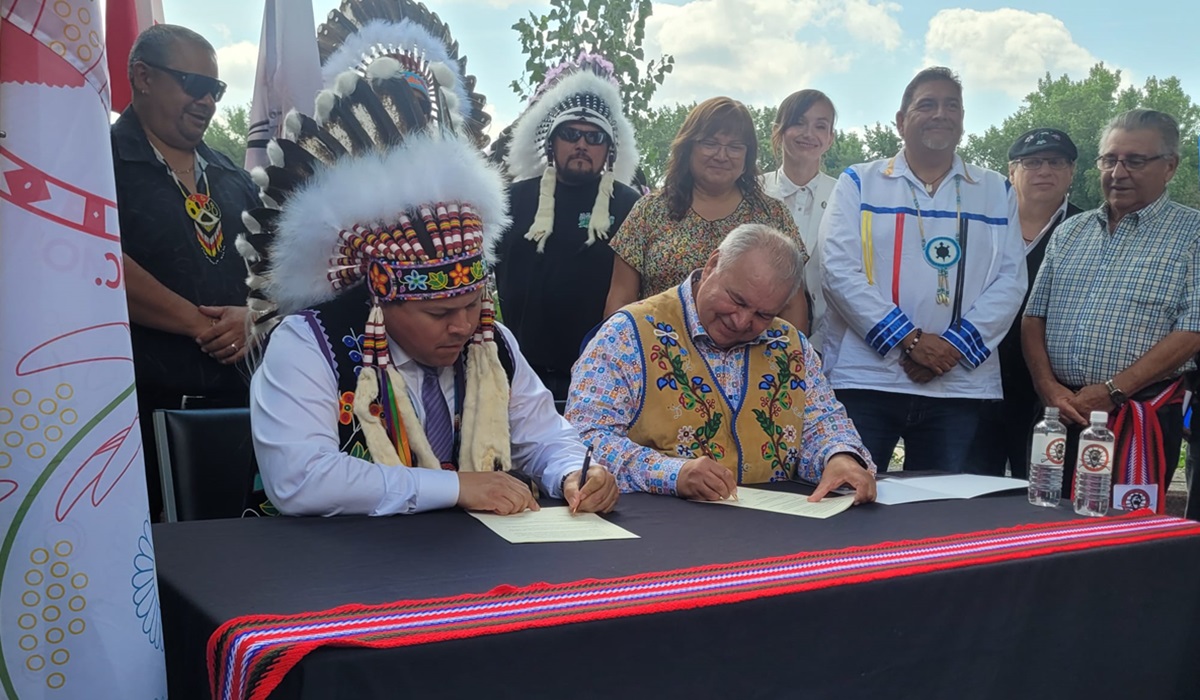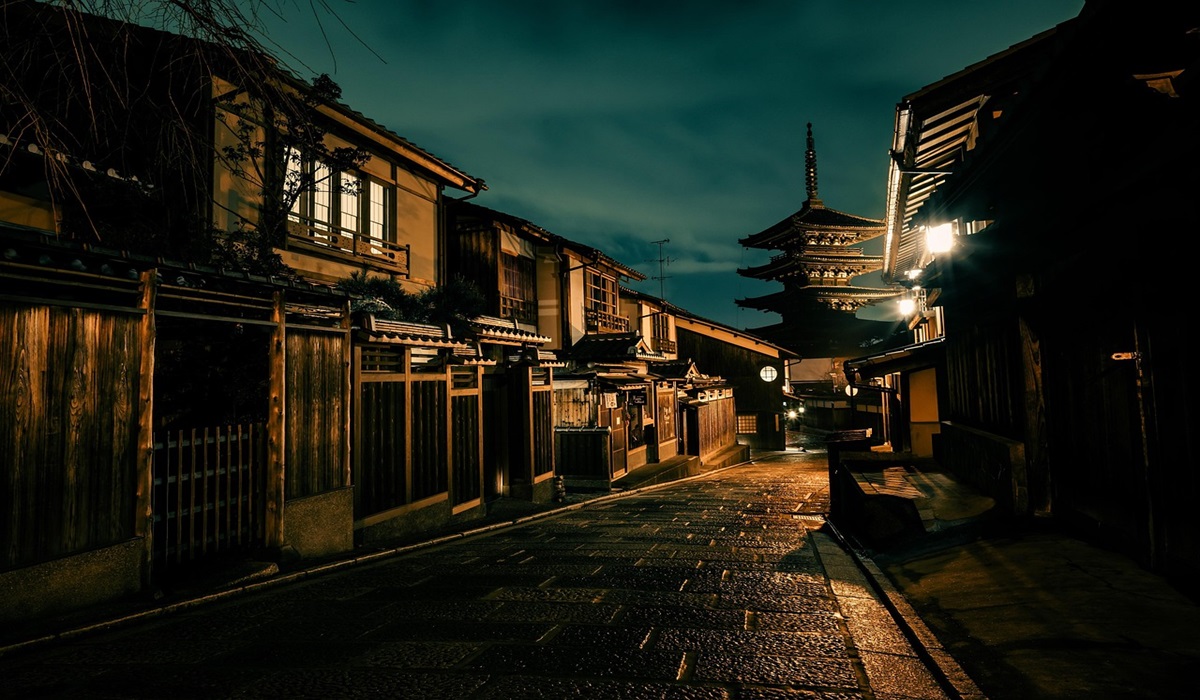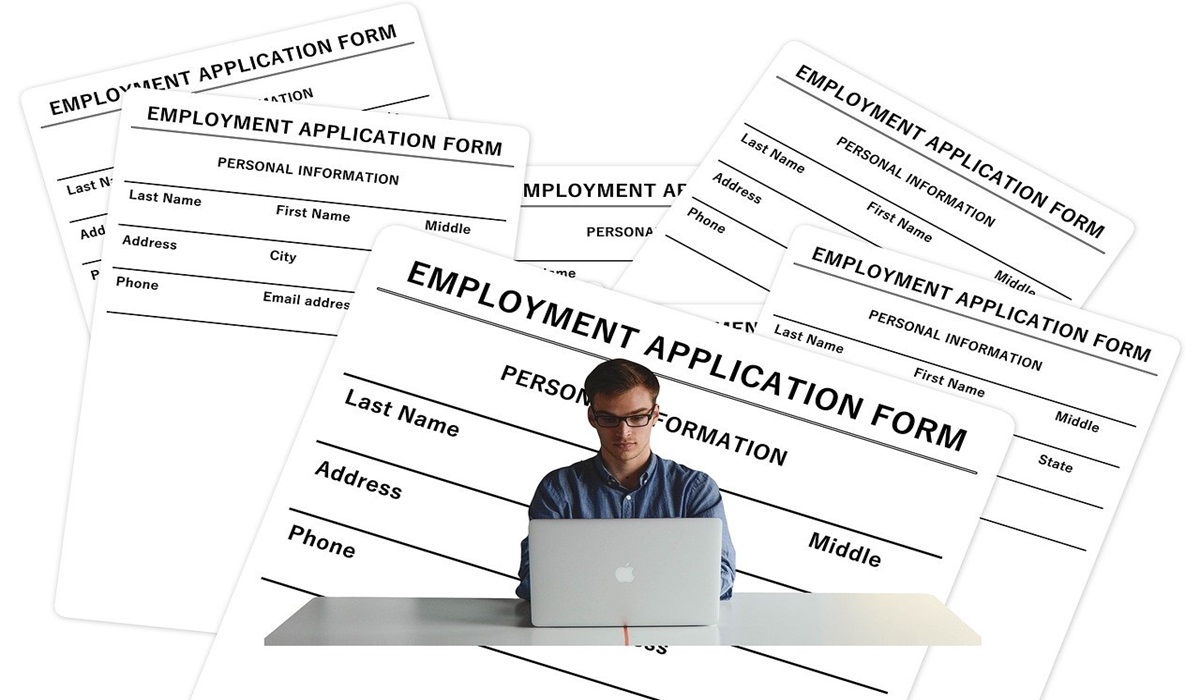EDMONTON — Alberta Premier Danielle Smith has ignited a political firestorm with her latest announcement: if Albertans gather enough signatures, she will greenlight a binding referendum next year on whether the province should leave Canada. The promise, delivered in a press release that immediately sent shockwaves through the nation, raises the stakes in an already tense relationship between Alberta and the federal government. Smith says she doesn’t personally support separation—but if the people demand a vote, she won’t stand in their way. And with a petition drive already underway and the provincial government making it easier to meet the threshold, the possibility of a vote in 2026 now feels closer than ever.
Under current Alberta law, triggering a referendum on constitutional issues requires signatures from 20% of registered voters—roughly 587,952 people. But Smith’s United Conservative Party has introduced legislation to lower that requirement to just 10%, or about 293,976 people, while extending the signature collection period from 90 to 120 days. It’s a calculated move: one that makes it significantly easier for grassroots campaigns to push big, bold questions into the public arena. And none are bigger than this.
Smith is trying to walk a fine line. She insists that her goal is a “strong and sovereign Alberta within a united Canada,” yet she has made it clear that the federal government is pushing the province to its breaking point. For years, Alberta has been at odds with Ottawa over energy policy, equalization payments, and what it sees as an increasingly hostile federal regulatory environment. The grievances run deep, and separatist sentiment has festered in pockets of the province—especially in the wake of the Trudeau years and now under Prime Minister Mark Carney’s leadership.
Carney, for his part, has been largely silent in the face of this latest threat. But that silence will not hold. If the separatist movement gains momentum, Ottawa will be forced to engage in what could become a bitter national debate over unity, regional fairness, and the very definition of what it means to be Canadian.
And the cast of players lining up for the battle is growing by the day. On one side, Danielle Smith stands as the reluctant enabler of a cause she claims not to champion, but seems increasingly willing to entertain. On the other, Prime Minister Mark Carney must now decide whether to ignore, confront, or attempt to reconcile with a province that’s inching toward the door. Meanwhile, fringe parties like the Wildrose Independence Party and the Republican Party of Alberta are already mobilizing, smelling an opportunity to gain political ground and capitalize on growing discontent. Their message is simple: if Alberta can’t get a fair deal, it should leave.
Indigenous leaders across the province are also making their voices heard—loudly and clearly. Many have warned that any move toward separation would violate long-standing treaty agreements that were signed with the Crown, not the province. If Alberta attempts to secede, it won’t just face a constitutional fight with Ottawa—it will also trigger legal and political battles with First Nations communities whose lands, rights, and sovereignty are protected under the Constitution. That alone could make the whole project legally unworkable, but Smith’s government hasn’t addressed this issue in any meaningful way.
Political analysts are divided. Some believe this is all theatre—a high-stakes game of chicken with Ottawa meant to extract concessions on energy, taxes, and regulatory autonomy. Others warn that once the genie of secessionist sentiment is out of the bottle, it’s impossible to stuff it back in. The Quebec referendums of 1980 and 1995 are cautionary tales. No matter how far-fetched full separation may seem, the process of seriously considering it can leave lasting scars on national unity.
What is clear is this: the next year will test Alberta’s identity like never before. If the petition campaign succeeds and the referendum is held, the result could mark the most profound political shift in Canadian history. But even the attempt—successful or not—will ripple far beyond the provincial border. Other provinces, especially those feeling left out by federal decision-making, will be watching closely. So will investors, Indigenous nations, and international observers.
Danielle Smith may not have lit the separatist flame, but she’s now feeding it with dry kindling. Whether it becomes a spark that fizzles or an inferno that consumes the future of Confederation is now, quite literally, in the hands of the people of Alberta.



